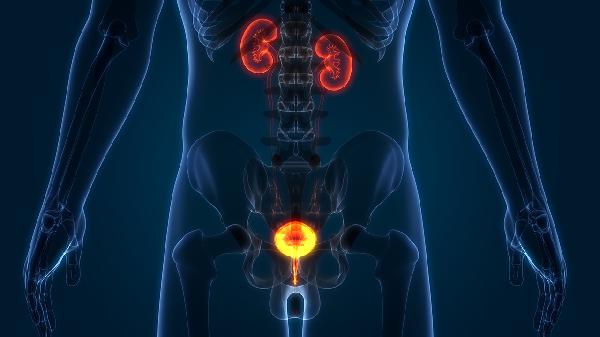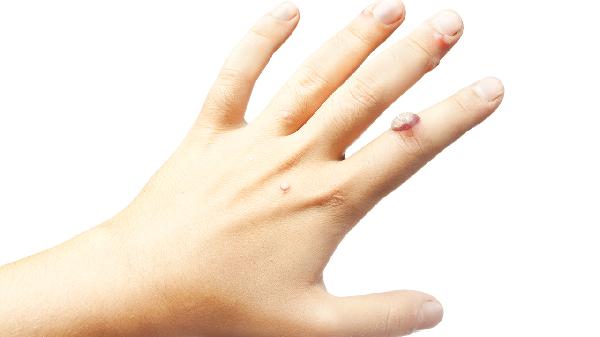Feeling overstimulated during sex is more common than you might think, and it doesn’t mean something’s wrong with you. It’s just your body’s way of saying, "Hey, slow down—this is a lot!" Whether it’s sensory overload, anxiety, or just too much intensity too fast, there are easy ways to dial it back and make the experience way more enjoyable.
Why Overstimulation Happens in the First Place
Your nervous system is like a volume knob—sometimes it gets cranked up too high. Overstimulation during sex can happen for a bunch of reasons: maybe you’re super sensitive to touch, your mind is racing with distractions, or the physical sensations are just too intense all at once. Even things like stress, past trauma, or certain medications can make your body react more strongly than usual. The key is recognizing the signs early—feeling overwhelmed, tense, or even numb—so you can adjust before things get uncomfortable.
Communication Is Your Best Friend
If you’re feeling too much, the worst thing you can do is stay quiet. A simple "Hey, can we slow down?" or "Let’s switch positions" can make a huge difference. Good partners will appreciate the honesty—it means you’re both working toward the same goal: pleasure without the pressure. Try using a traffic light system (green for "keep going," yellow for "ease up," red for "full stop") if words feel awkward in the moment. The more you practice speaking up, the more natural it’ll feel.
Pace Yourself Like a Pro
Sex isn’t a race, and going full throttle from the start is a surefire way to get overstimulated. Instead, think of it like a workout—warm up first. Spend more time on foreplay, focus on slower movements, and build intensity gradually. If things start feeling like too much, take mini-breaks: pause for a kiss, switch to a less intense touch, or just breathe together for a second. Slowing down doesn’t kill the mood—it actually makes the whole experience way hotter because you’re both fully present.
Adjust the Sensory Input
Too much stimulation often comes from too much everything—bright lights, loud noises, rough textures. Try dimming the lights, putting on softer music, or even using a weighted blanket for grounding pressure. If touch is the issue, experiment with lighter or firmer contact to see what feels better. Some people find that reducing friction (with extra lube or different fabrics) helps, while others need less direct stimulation to stay in the zone. Play around and see what works for you.
Mindfulness Tricks to Stay Grounded
When your brain is going a million miles an hour, it’s easy to get lost in the overwhelm. Simple mindfulness techniques can help: focus on your breath, tune into one sensation at a time (like the feeling of your partner’s hand on your back), or even silently name what you’re experiencing ("warmth," "pressure," "softness") to stay present. If anxiety’s the culprit, try squeezing and releasing your muscles (progressive relaxation) to reset your nervous system. The goal isn’t to eliminate arousal—just to keep it at a level that feels good, not frantic.
Aftercare Matters Too
Overstimulation doesn’t always end when sex does. If you’re feeling shaky, spaced out, or emotionally raw afterward, take time to decompress. Cuddle under a cozy blanket, sip some water, or just lie quietly together. Hydrating and doing some gentle stretches can help your body reset, and talking about what felt good (or didn’t) sets you up for even better experiences next time. Think of it like a cool-down after a workout—your body and brain need that transition.
Overstimulation isn’t a flaw—it’s just feedback. The more you listen to your body and tweak things as you go, the more satisfying sex becomes. Whether it’s slowing down, adjusting the environment, or just speaking up when things feel like too much, these small changes can make a big difference. At the end of the day, sex should feel good, not overwhelming. So take a breath, trust the process, and don’t be afraid to hit pause if you need to.
























